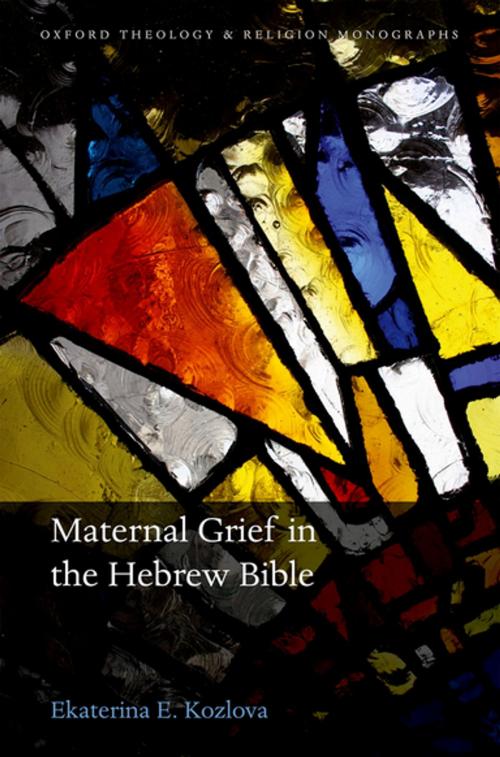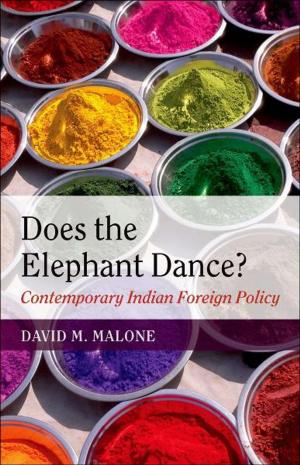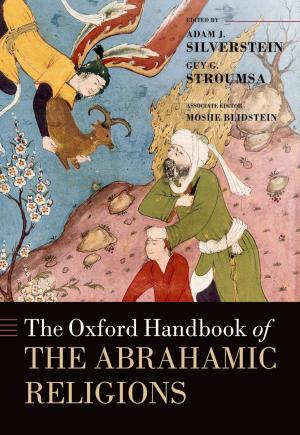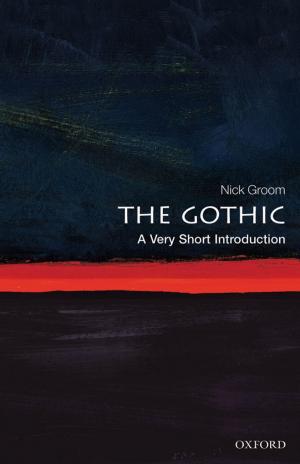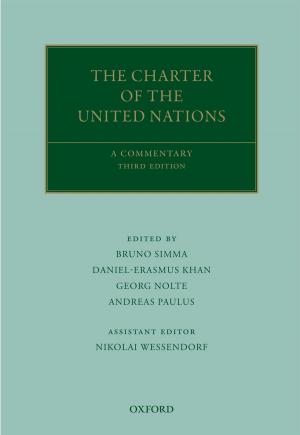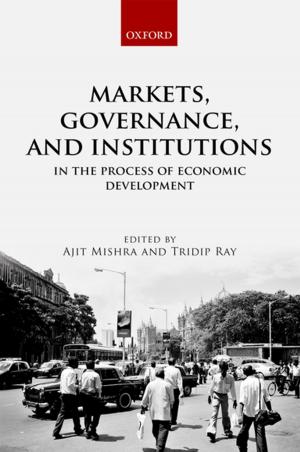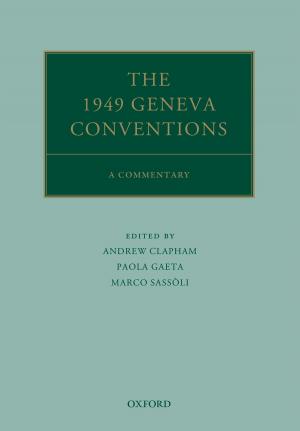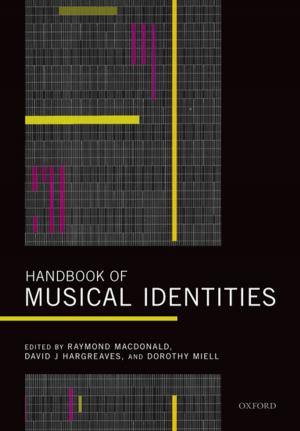Maternal Grief in the Hebrew Bible
Nonfiction, Religion & Spirituality, Bible & Bible Studies, Old Testament, Criticism & Interpretation| Author: | Ekaterina E. Kozlova | ISBN: | 9780192517043 |
| Publisher: | OUP Oxford | Publication: | May 26, 2017 |
| Imprint: | OUP Oxford | Language: | English |
| Author: | Ekaterina E. Kozlova |
| ISBN: | 9780192517043 |
| Publisher: | OUP Oxford |
| Publication: | May 26, 2017 |
| Imprint: | OUP Oxford |
| Language: | English |
Setting out from the observation made in the social sciences that maternal grief can at times be a motor of societal change, Ekaterina E. Kozlova demonstrates that a similar mechanism operates also in the biblical world. Kozlova argues that maternal grief is treated as a model or archetype of grief in biblical and Ancient Near Eastern literature. The work considers three narratives and one poem that illustrate the transformative power of maternal grief in the biblical presentation: Gen 21, Hagar and Ishmael in the desert; 2 Sam 21: 1-14, Rizpah versus King David; 2 Sam 14, the speech of the Tekoite woman; Jer 31: 15-22, Rachel weeping for her children. Although only one of the texts literally refers to a bereaved mother (2 Sam 21 on Rizpah), all four passages draw on the motif of maternal grief, and all four stage some form of societal transformation.
Setting out from the observation made in the social sciences that maternal grief can at times be a motor of societal change, Ekaterina E. Kozlova demonstrates that a similar mechanism operates also in the biblical world. Kozlova argues that maternal grief is treated as a model or archetype of grief in biblical and Ancient Near Eastern literature. The work considers three narratives and one poem that illustrate the transformative power of maternal grief in the biblical presentation: Gen 21, Hagar and Ishmael in the desert; 2 Sam 21: 1-14, Rizpah versus King David; 2 Sam 14, the speech of the Tekoite woman; Jer 31: 15-22, Rachel weeping for her children. Although only one of the texts literally refers to a bereaved mother (2 Sam 21 on Rizpah), all four passages draw on the motif of maternal grief, and all four stage some form of societal transformation.
